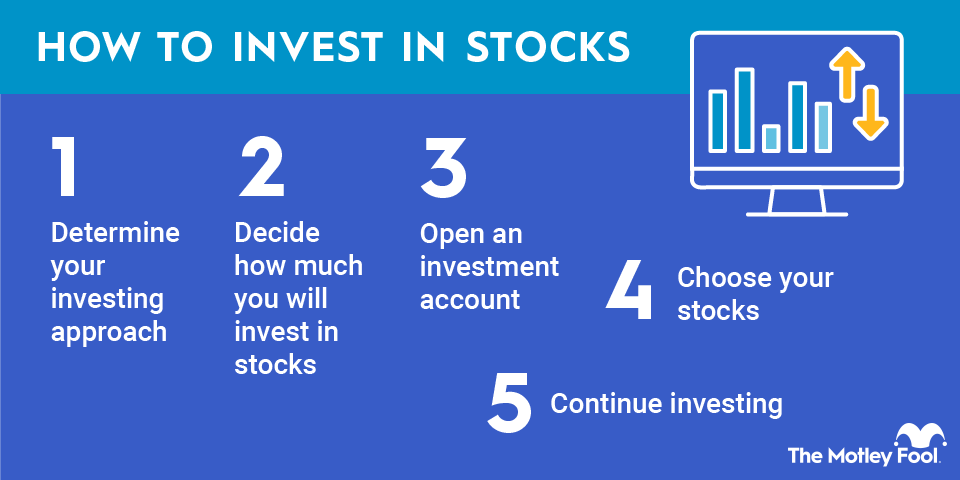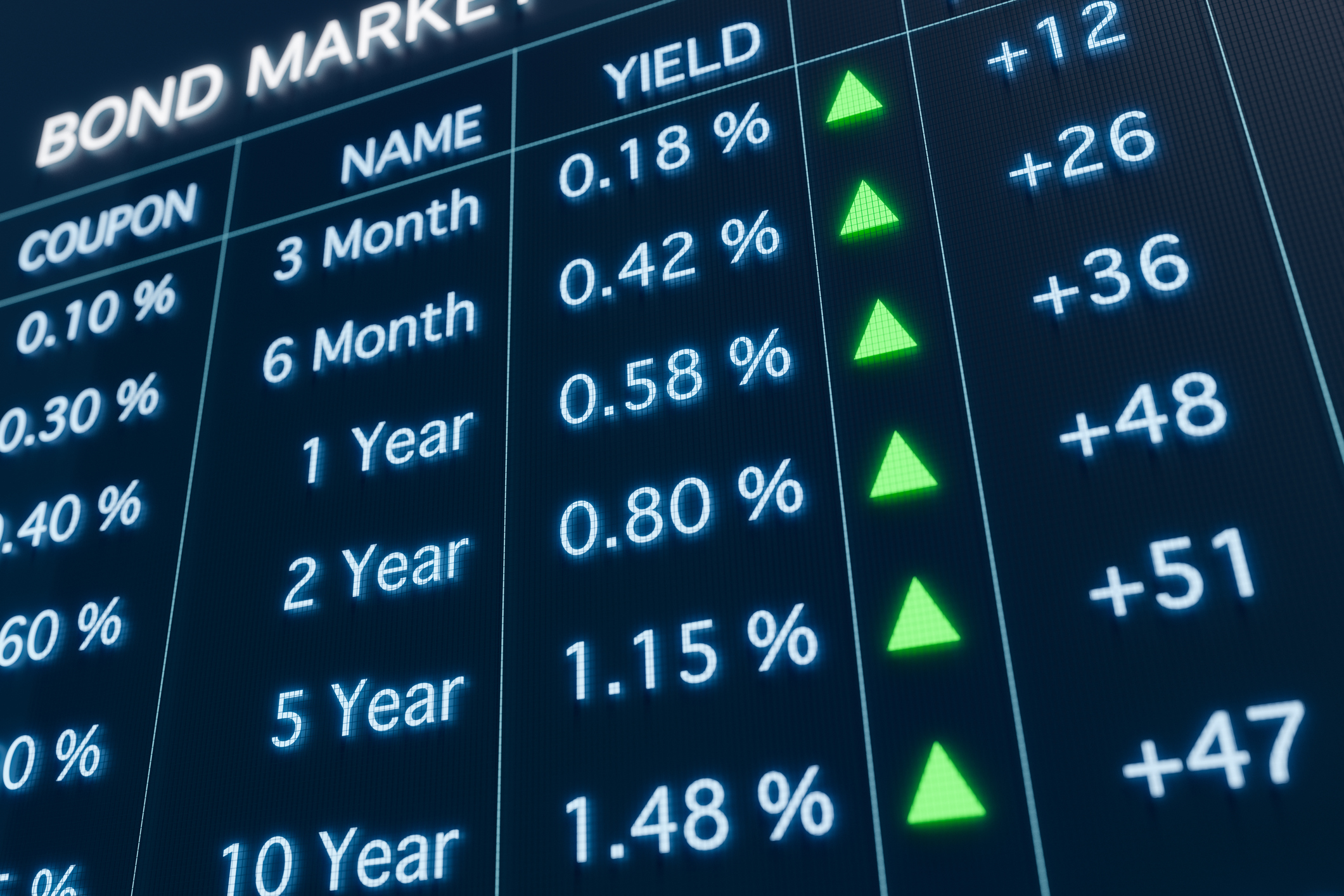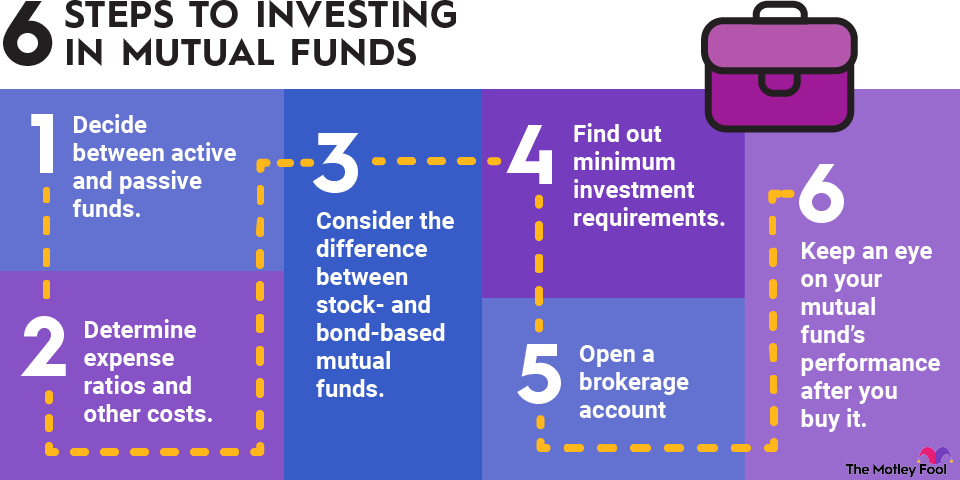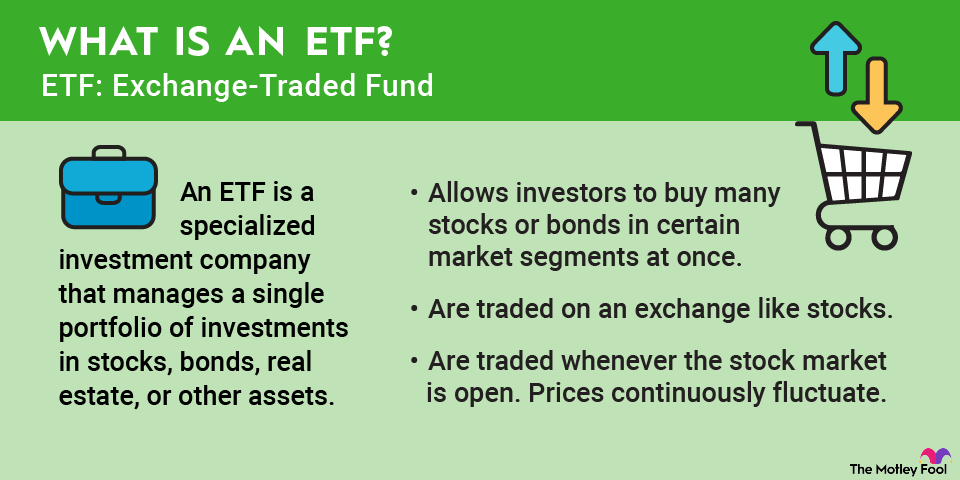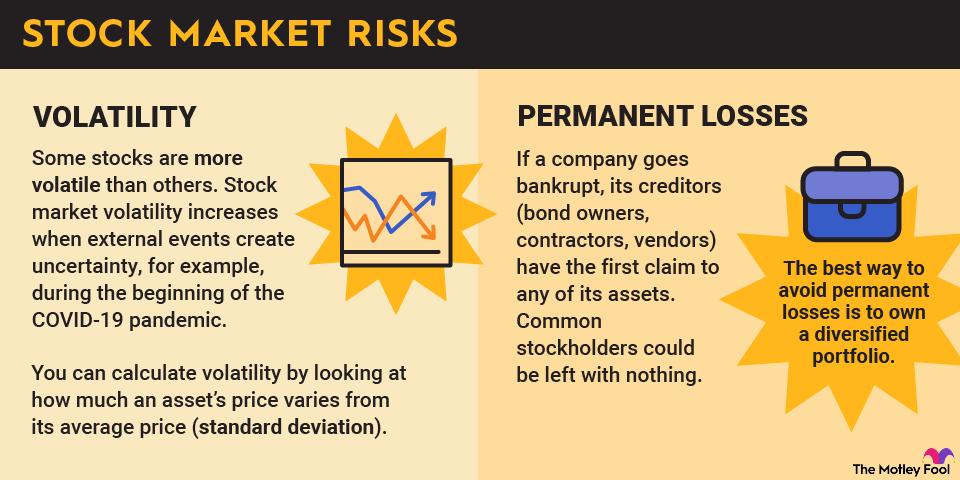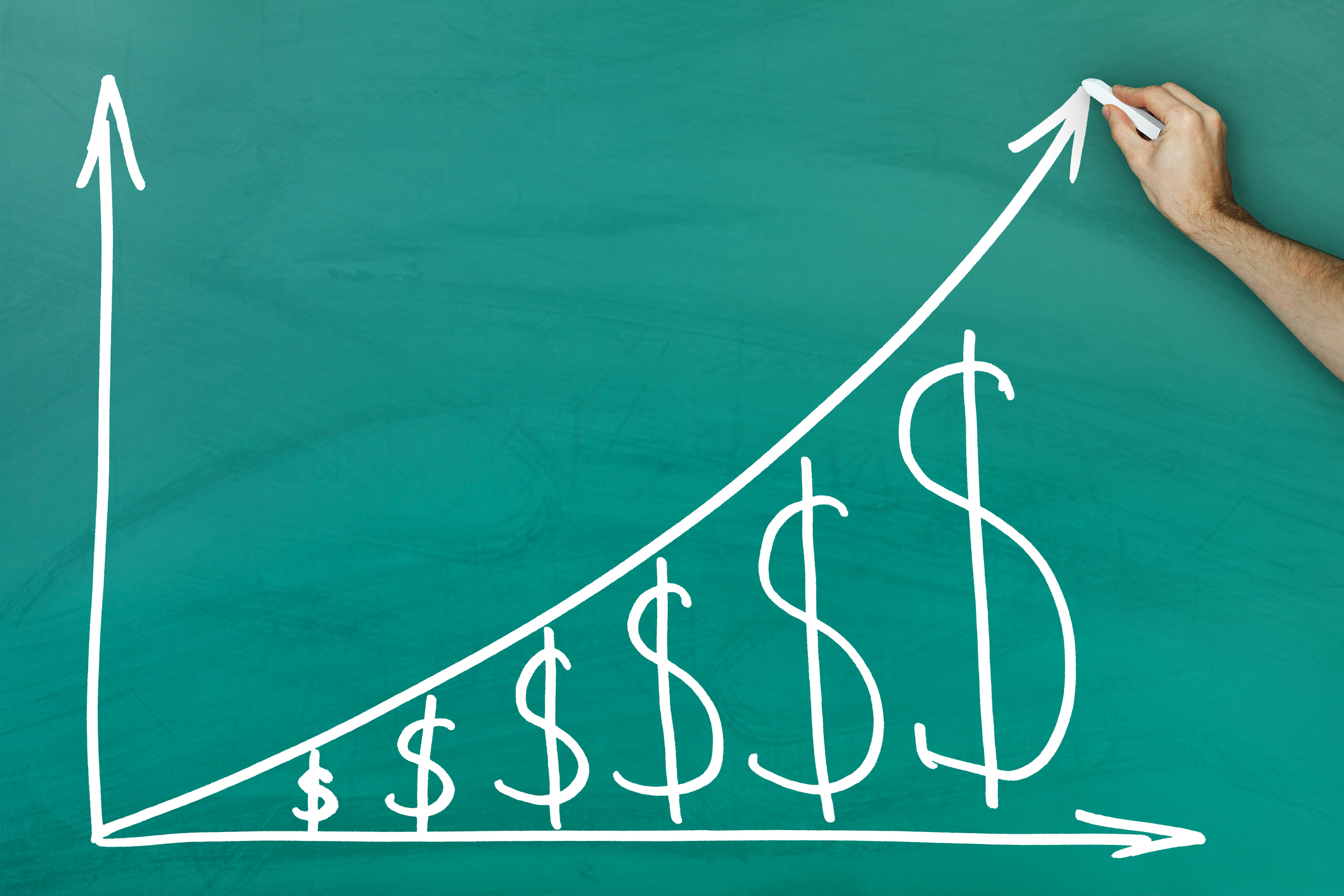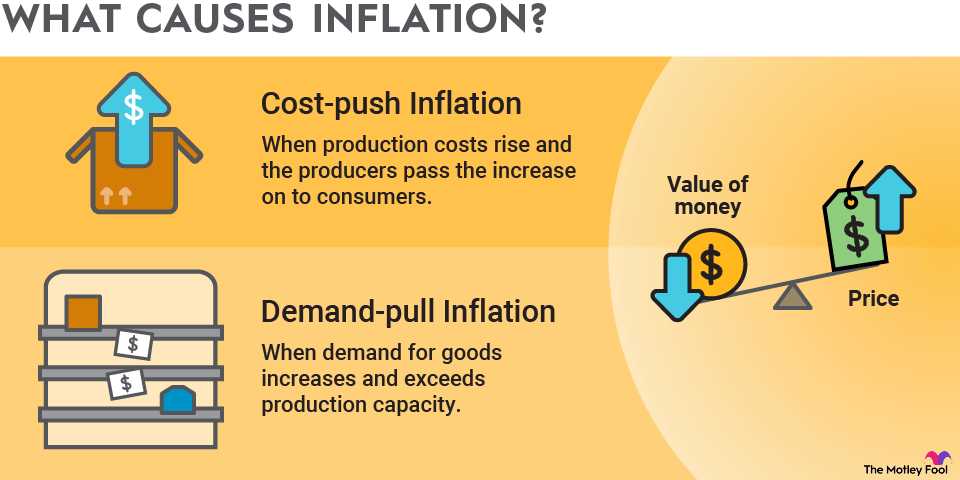Certificates of deposit, or CDs, have become far more popular in recent years. Rising interest rates have made them attractive alternatives to investing in the stock market or leaving money in savings accounts. CDs are designed to be places to keep money for a certain length of time and are also known as time deposits.
While CDs have a certain maturity term, you can still take your money out if you need it. However, if you withdraw money from a CD early, it can result in a penalty. Here's what you need to know about CD early withdrawal penalties, how they work, and how to avoid them.

What Is a CD early withdrawal penalty?
Certificates of deposit (CDs) are designed to allow banks to take in money that will be left on deposit for a certain period of time. For example, with a one-year CD, you are required to leave your money in the account for the entire one-year term. In exchange, you'll get a guaranteed annual percentage yield (APY) that remains the same for the entire term, which is typically higher than you'd get from a savings account.
Certificate of Deposit (CD)
From a consumer's perspective, CDs are designed to be investments, as opposed to places to deposit money you might need for day-to-day or even emergency expenses.
CDs -- which are also referred to as time deposits by banks –- don't exactly hold your money hostage for the entire term. You can withdraw it early if you need it. However, if you take money out of a CD before it reaches maturity, you'll likely have to pay an early withdrawal penalty.
Plus, CD withdrawals are typically an all-or-nothing arrangement. In other words, if you have $1,000 in a CD and need to take out $200 to cover an unexpected expense, you'll probably have to withdraw (and pay an early withdrawal penalty on) the entire $1,000.
Early withdrawal penalties can vary somewhat depending on the amount of money you have in the CD, the maturity term of the CD, and your bank's policies. We'll discuss how CD early withdrawal policies work in the next section, but if you're thinking of opening a CD, it's generally a good idea to first familiarize yourself with the bank's early withdrawal penalties. CDs are best for money you're fairly certain you won't need for the entire term, but it's smart to know what might happen if you need to withdraw your money early.
How CD early withdrawal penalties work
First, it's important to mention that CD early withdrawal penalties are up to the bank. Not all CDs have the same penalty structure. And it's quite common for banks to have harsher penalties for early withdrawals from longer-term CDs than shorter-term ones.
The most common CD early withdrawal penalty is based on giving up a certain amount of interest. As an example, Barclays CDs impose the following early withdrawal penalties on its online CD accounts:
- For CDs with terms of 24 months or less, the penalty is 90 days of simple interest on the dollar amount you withdraw early.
- For CDs with terms greater than 24 months, the penalty is 180 days of simple interest on the dollar amount you withdraw early.
Here's how this works in this case. Let's say that you have a 24-month CD that has a 5% APY. After leaving $5,000 in the CD for a year, you have an unexpected expense and need to withdraw your money early.
Dividing a 5% interest rate by 365 days in a year shows a daily interest rate of about 0.0137%. Multiplying this by the 90-day interest penalty gives a percentage of 1.233%. Applying this to the $5,000 you're withdrawing early shows an early withdrawal penalty of approximately $61.64.
One key takeaway is that you wouldn't take too hard of a hit for withdrawing the money early. After all, your $5,000 has been sitting in the account, earning 5% interest for a year, so there should be about $5,250 at the time of the withdrawal (before the penalty). So, you'd still leave with more money than you had when you bought the CD.
The point is that although financial penalties are never fun, CD early withdrawal penalties aren't as harsh as many people think.
How to avoid early withdrawal penalties
There are some special situations in which CD early withdrawal penalties are required to be waived, such as the death of the account owner. Beyond extreme circumstances like that, there are a few ways to put yourself in a good position to avoid CD early withdrawal penalties.
- Wait for your CD to mature. This is the most obvious way to avoid CD early withdrawal penalties, but is worth mentioning. Make sure that there's very little chance you'll need the money in your CD before the term ends, or consider opening a shorter-term CD instead (or sticking with a high-yield savings account).
- Open a no-penalty CD. Some banks offer no-penalty CDs. Money can be withdrawn at any time and for any reason without penalty. However, these tend to have lower yields than comparable CDs with early withdrawal penalties, so be aware.
- Ask for a fee waiver. Banks can (and sometimes do) waive CD early withdrawal penalties for customers if they are facing financial hardship. This is especially true if you have a long-standing relationship with the bank. The worst thing your bank can say is no, so there's no harm in asking for a fee waiver if you have to withdraw your money early.
- Use a CD ladder instead of long-term CDs. A CD ladder involves spreading your money into several different CDs of various maturity lengths. The idea is that some of your money will mature every so often, and this can help you lock in interest rates for multiyear periods on CDs while maintaining some of the financial flexibility of shorter-term CDs.
CD early withdrawal penalties are designed to incentivize customers to leave their money on deposit for the entire term. If you need your money back before the CD reaches maturity, you can certainly withdraw it early, but you'll likely have to forfeit a few months' worth of interest.
Does a CD sound like a good fit for you? Take a look at our favorite CD accounts to find the right one for your needs.
